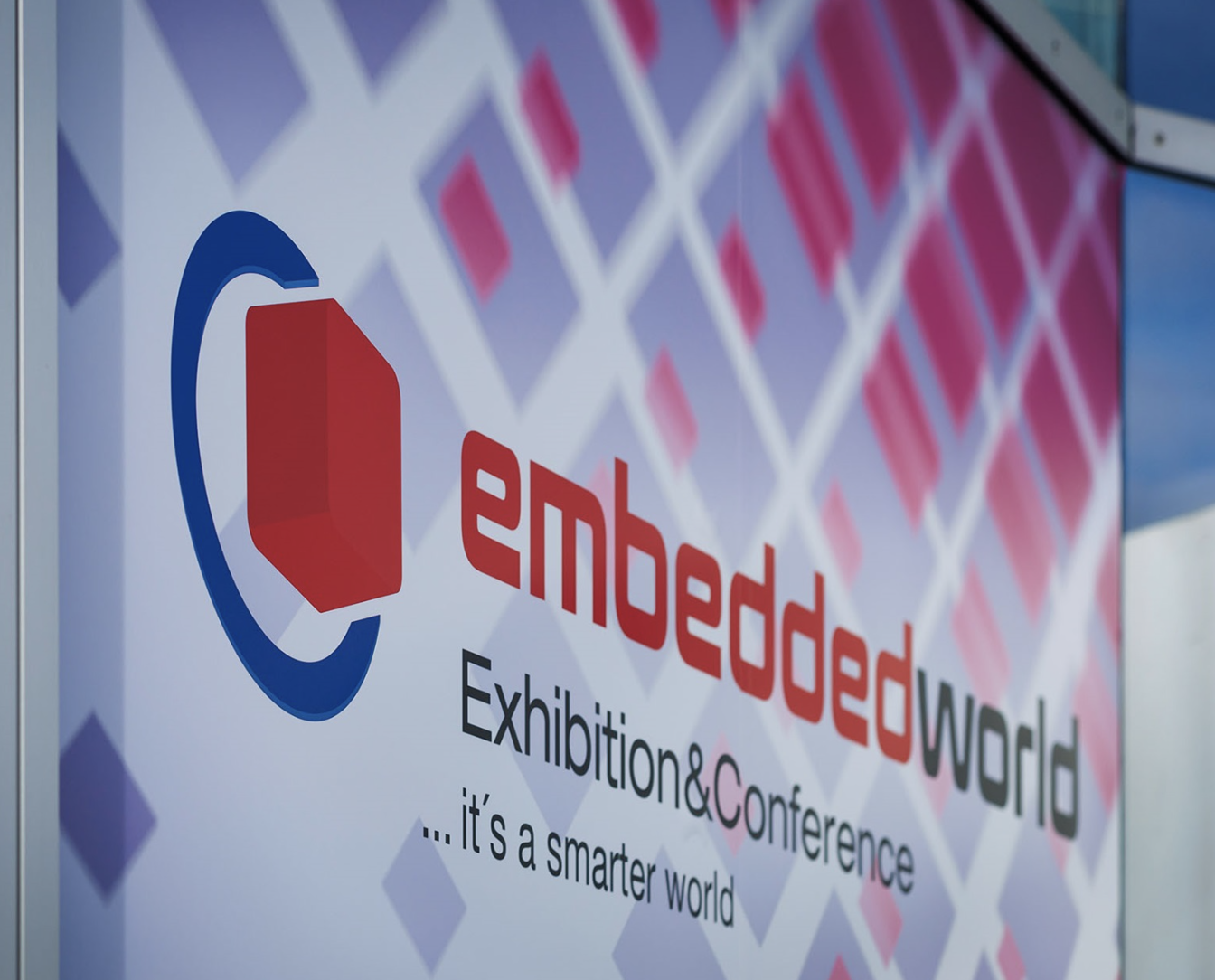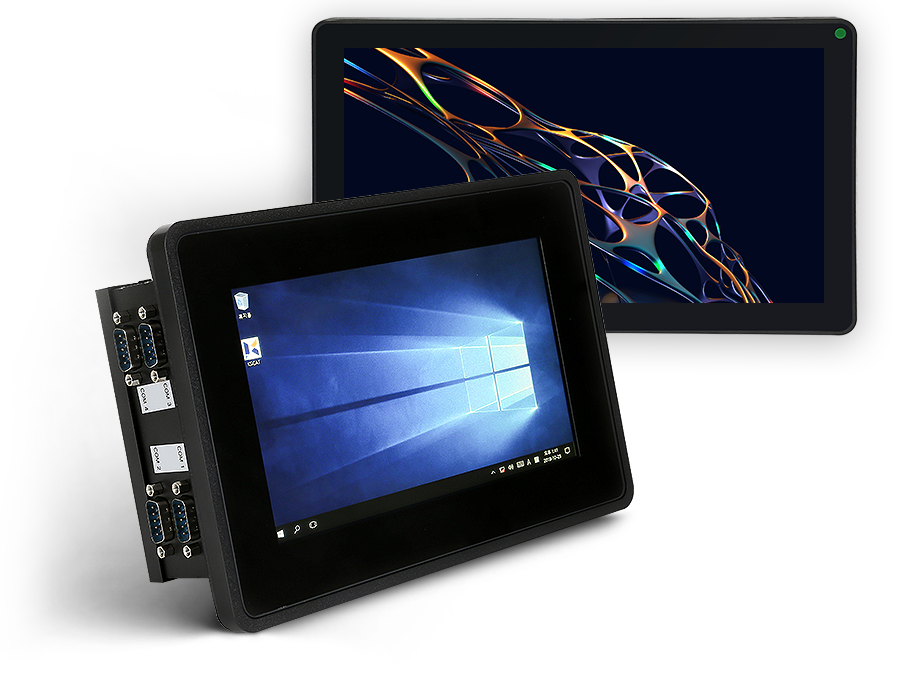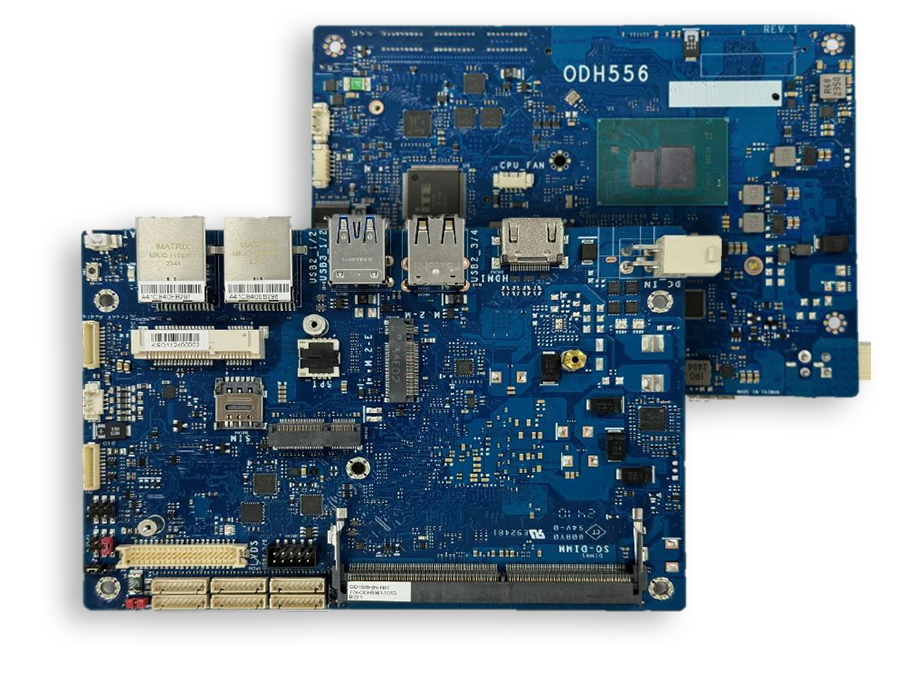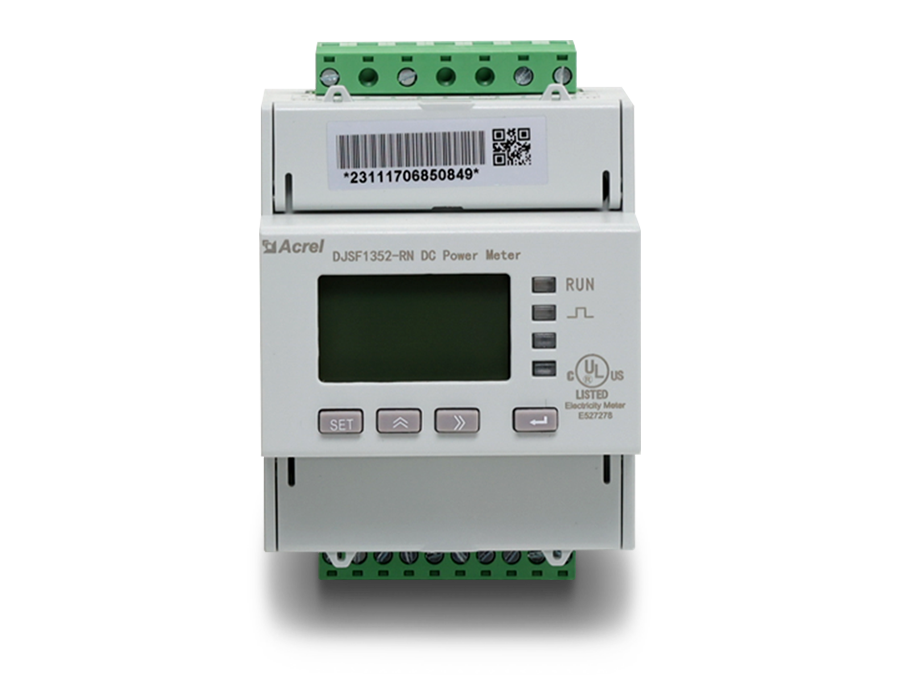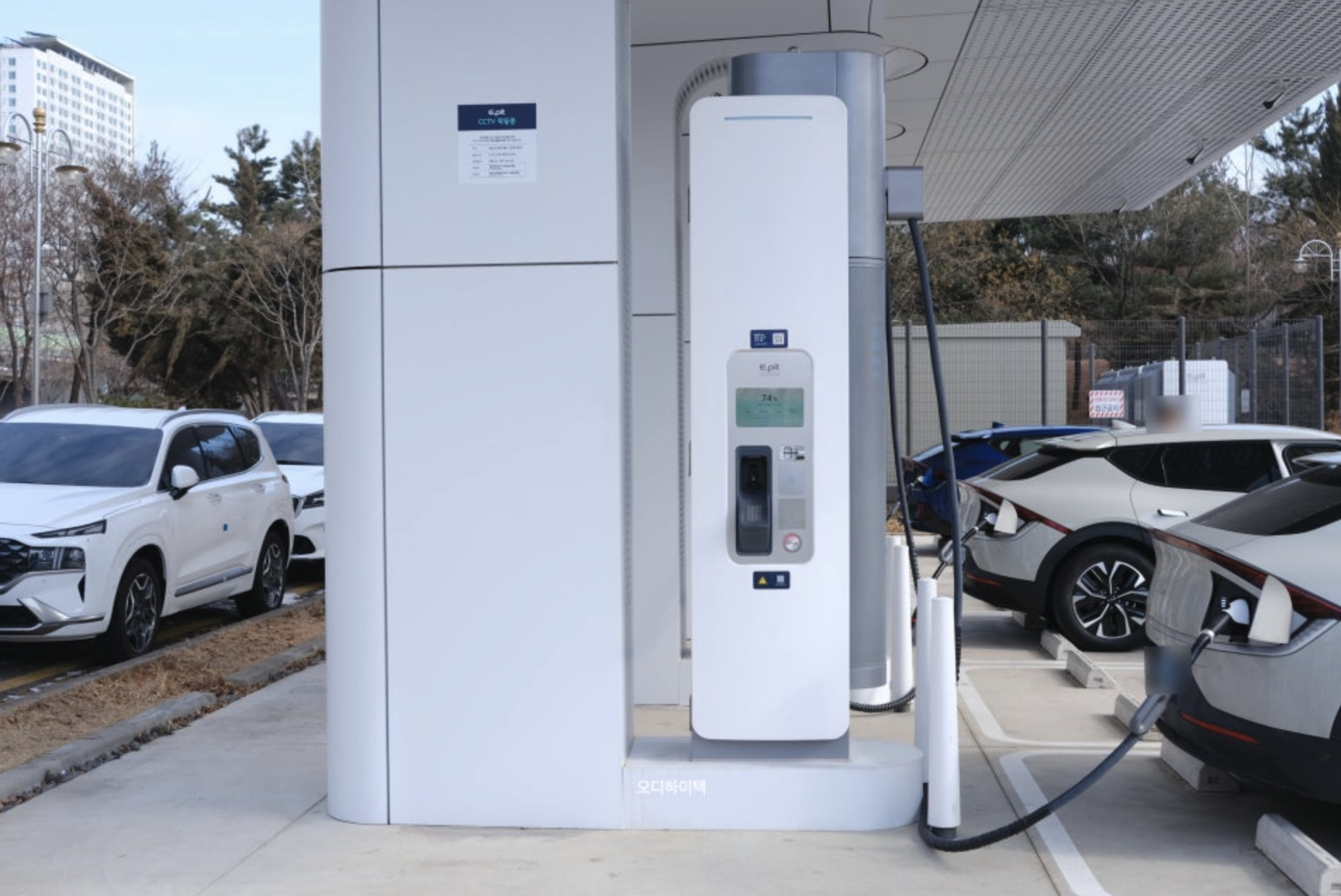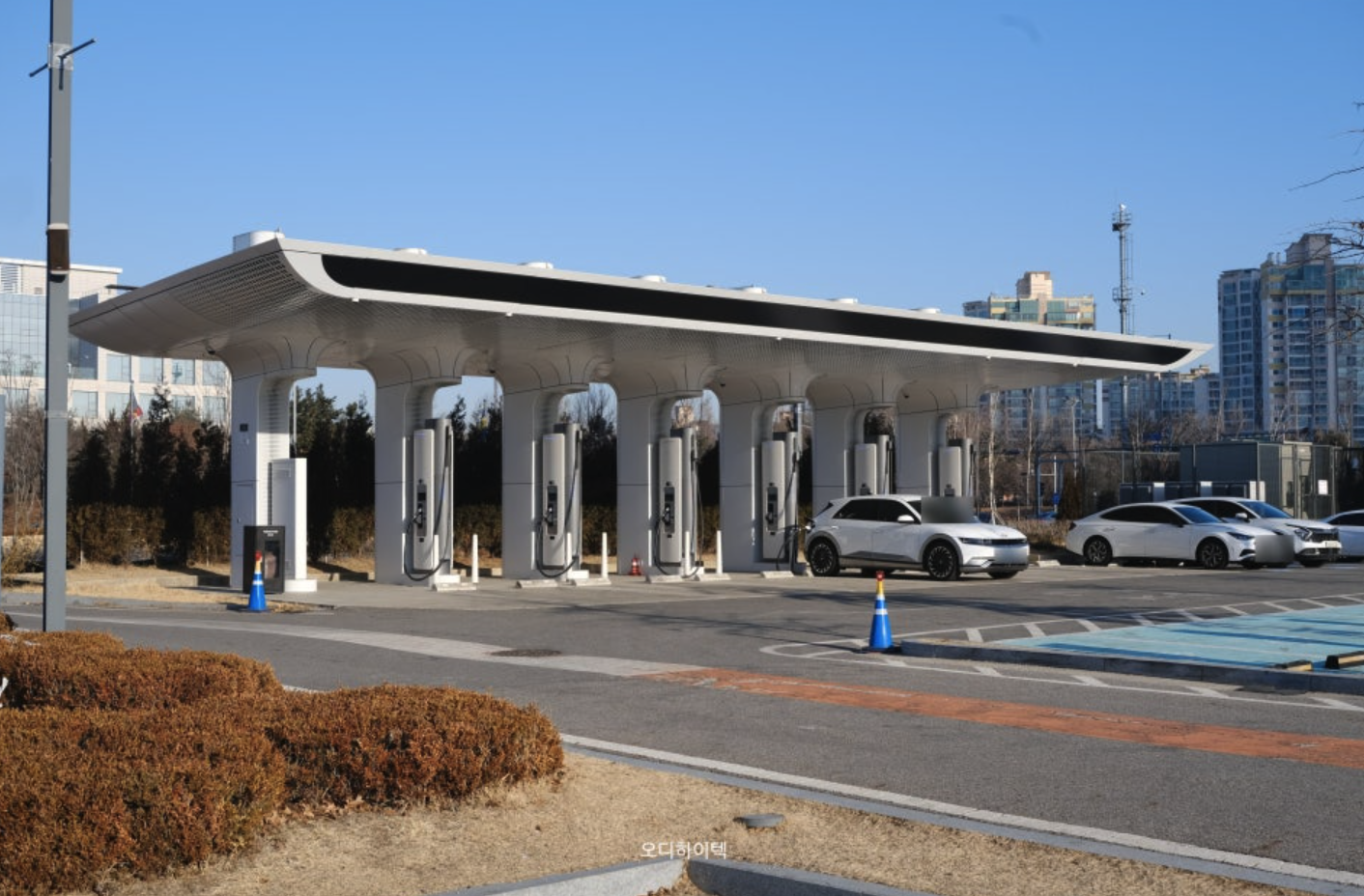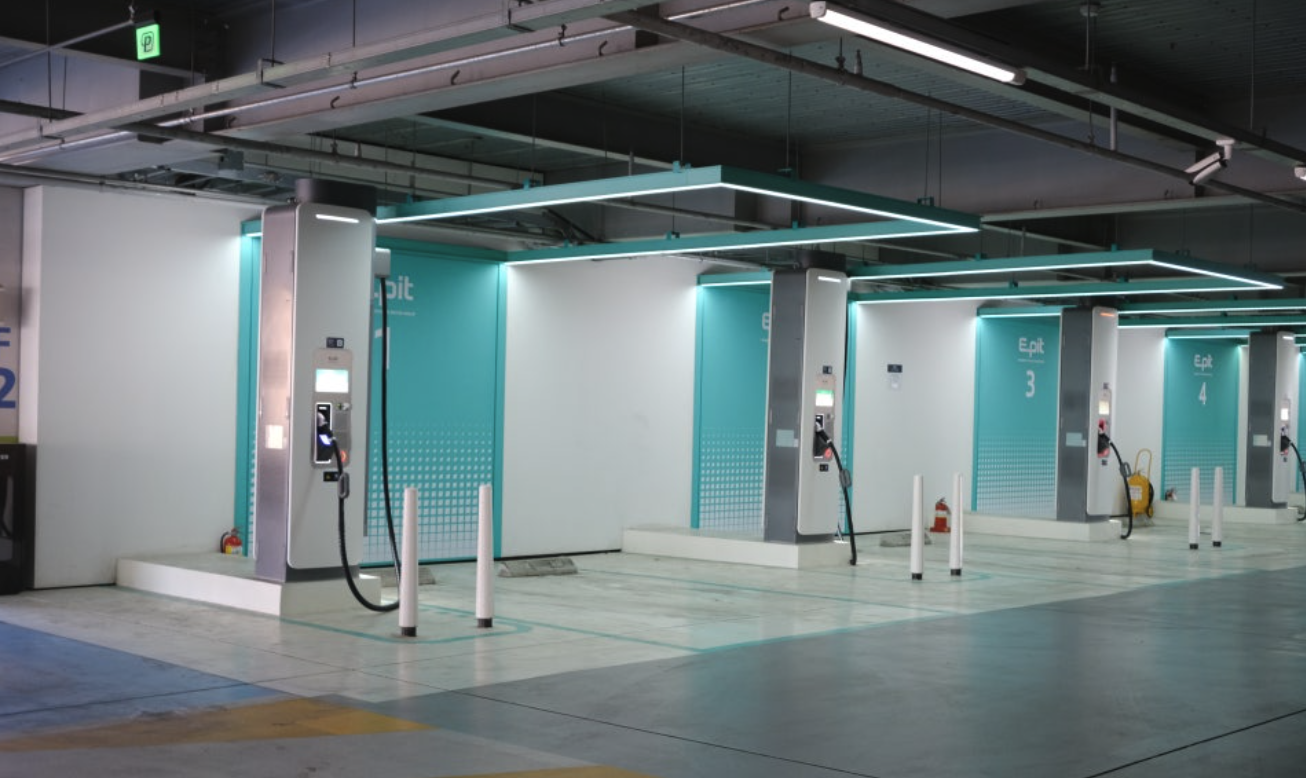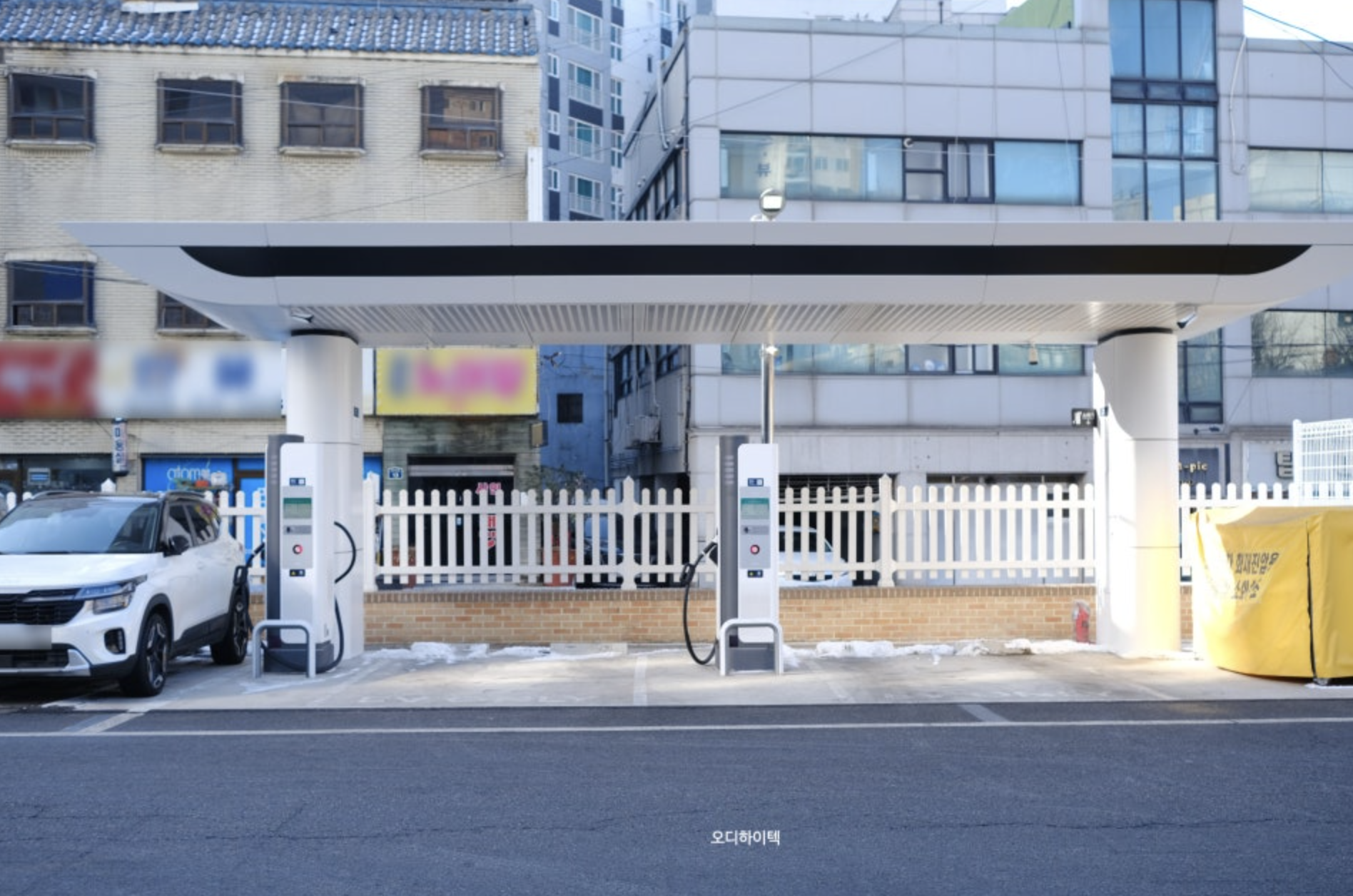Outdoor LCD Display
ODHitec, a leading company in the outdoor LCD display market
possesses state-of-the-art facilities for extensive technological development
and mass production to deliver differentiated products.
Company
Overview
ODHitec is committed to leading
the global LCD industry with a relentless
spirit of challenge and passion.
Core value
Differentiated quality and
customized customer service
Vision
Commercialization
of Transparent LCD.
Management
philosophy
Pioneering the development
of transparent LCD and outdoor
display technologies.
Notice & News
-
ODHitech and DFI Solidify Partnership for EV Charger Panel PCs in Korean
ODHitech and DFI Solidify Partnership for EV Charger Panel PCs in Korean Market, Poised to Lead Rapidly Growing Sector[November 5, 2025, Seoul] ODHitech Co., Ltd., a company specializing in transparent displays,has officially extended its partnership with DFI Inc., a global leader in embedded computing, as the exclusive distributor for EV charger panel PCs in Korea. This strategic move aims to strengthen its position in the fast-evolving electric vehicle charging market.This partnership extension signifies both companies' commitment to maximizing synergy by supplying high-performance, high-reliability panel PC solutions to the rapidly growing EV charging infrastructure market. Odi Hitech, in particular, has been leading the market by leveraging DFI's innovative panel PC technology toprovide optimized solutions for domestic EV charger manufacturers.During the certificate presentation ceremony held at The Link Seoul Hotel,Ally Li, Sales Center Director of DFI's Asia Pacific Business Unit,personally presented the partnership extension certificate to Robin Lim, CEO of Odi Hitech. This gesture further solidifies the strong trust between the two companies and raises expectations for successful future collaborations.An Odi Hitech representative stated, "Through our long-standing partnership with DFI, we have proven our technological prowess and market competitiveness in the EV charging market. With this extension, we aim to provide even more stable and innovative solutions, contributing to the development of Korea's EV charging infrastructure."
2025.11.05
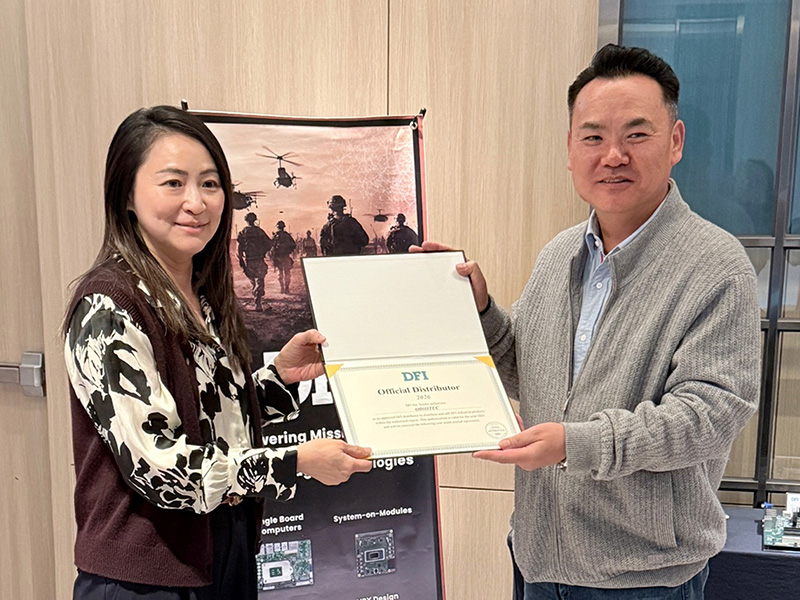
-
OD Hitech Secures U.S. Patent for Innovative Touchscreen Technology
OD Hitech Secures U.S. Patent for Innovative Touchscreen Technology [US Panel PC SCS Patent Certificate ] April 2, Seoul — OD Hitech, a leading Korean outdoor LCD manufacturer, announced today that it has been granted a United States patent for its proprietary technology titled "Touchscreen Device and Method for Controlling the Same." This milestone marks a significant achievement in Korea’s industrial display sector, as it is the first time a domestic outdoor LCD company has independently secured a U.S. patent for touchscreen-related technology. The development reflects growing international recognition of Korea’s capabilities in panel PC technology for industrial and electric vehicle (EV) applications. OD Hitech’s patented solution addresses key challenges faced by conventional EV charger touchscreens, including excessive power consumption, overheating, and the "blackout" phenomenon—where extended exposure to sunlight causes the LCD panel to turn black and malfunction. The new technology enhances performance by forcibly circulating heat to prevent blackouts, reducing thermal output, minimizing noise, extending product lifespan, and lowering power usage. “With the rapid global adoption of EVs and increasing demand for charging infrastructure, securing this U.S. patent is a highly meaningful step,” said an industry expert. “It underscores the global competitiveness of Korean technology in the EV and industrial display markets.” For over two decades, OD Hitech has been at the forefront of Korea’s outdoor LCD sector. The company develops and supplies a wide range of high-performance display products, including EV charger panel PCs, industrial touch monitors, and transparent LCDs, catering to industries such as advertising and broadcasting. A company spokesperson added, “We will continue to focus on developing proprietary, globally competitive technologies. Our goal is to promote OD Hitech’s expertise in outdoor LCD development and manufacturing to international markets and drive global expansion.” [ LCD Products with U.S. Patents ] ◆ https://www.electimes.com/news/articleView.html?idxno=352898z
2025.04.14
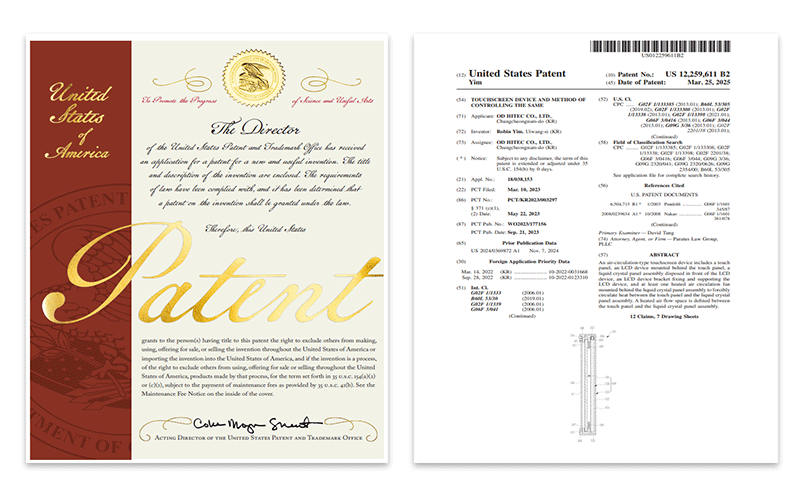
-
participating in Embedded World 2025
Hello. This is OdiHiTech.This time, we will be participating in Embedded World 2025.We will inform you of OdiHiTech's booth information and simple exhibition items.✔️ Exhibition name: Embedded World 2025✔️ Booth location: 5-425✔️ Exhibition location: Nuremberg, Germany✔️ Exhibition period: March 11-13, 2025The exhibition items are OdiHiTech's representative products, Panel PC, Barebone PC, Embedded, Motherboard, etc.We ask for your interest and visit. Thank you.
2025.02.24
